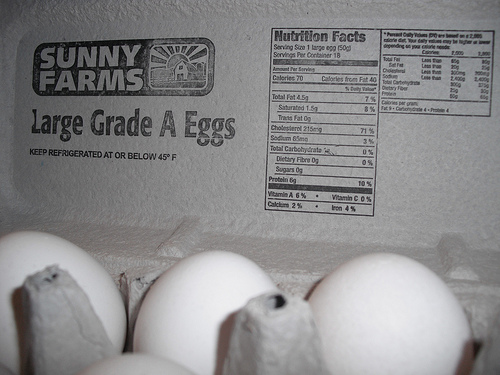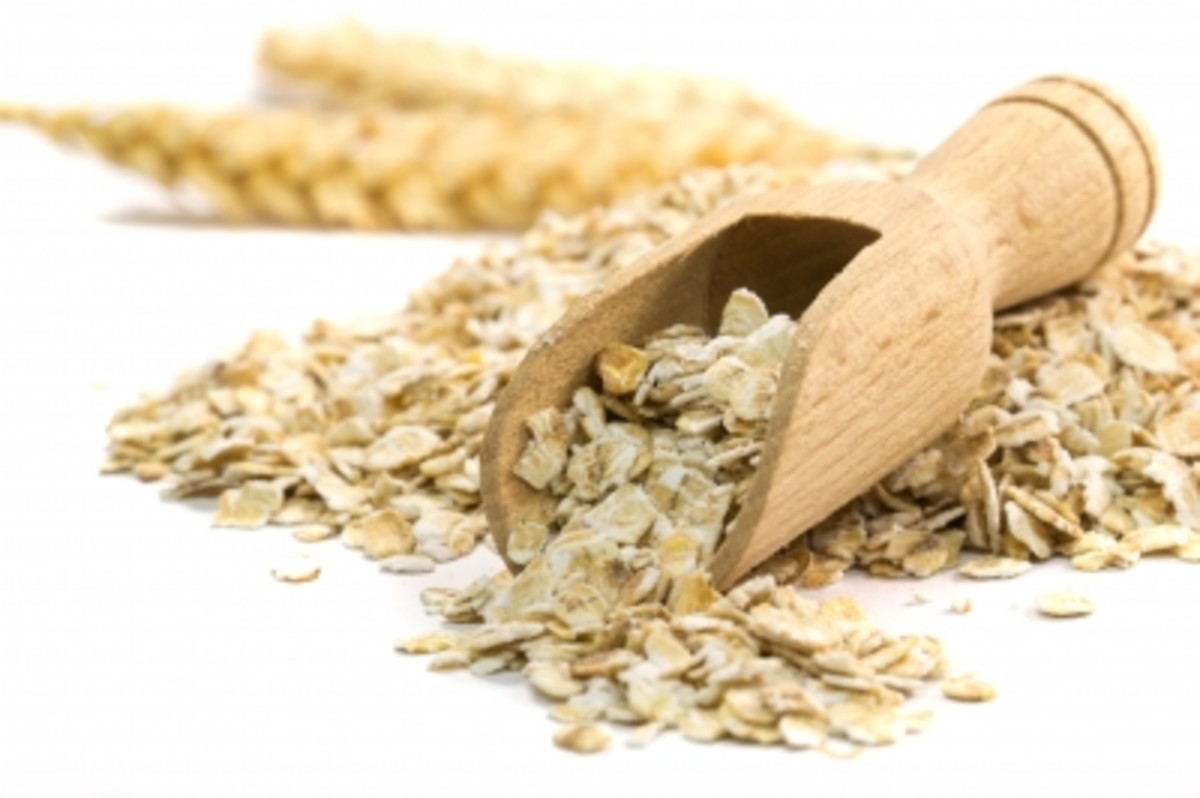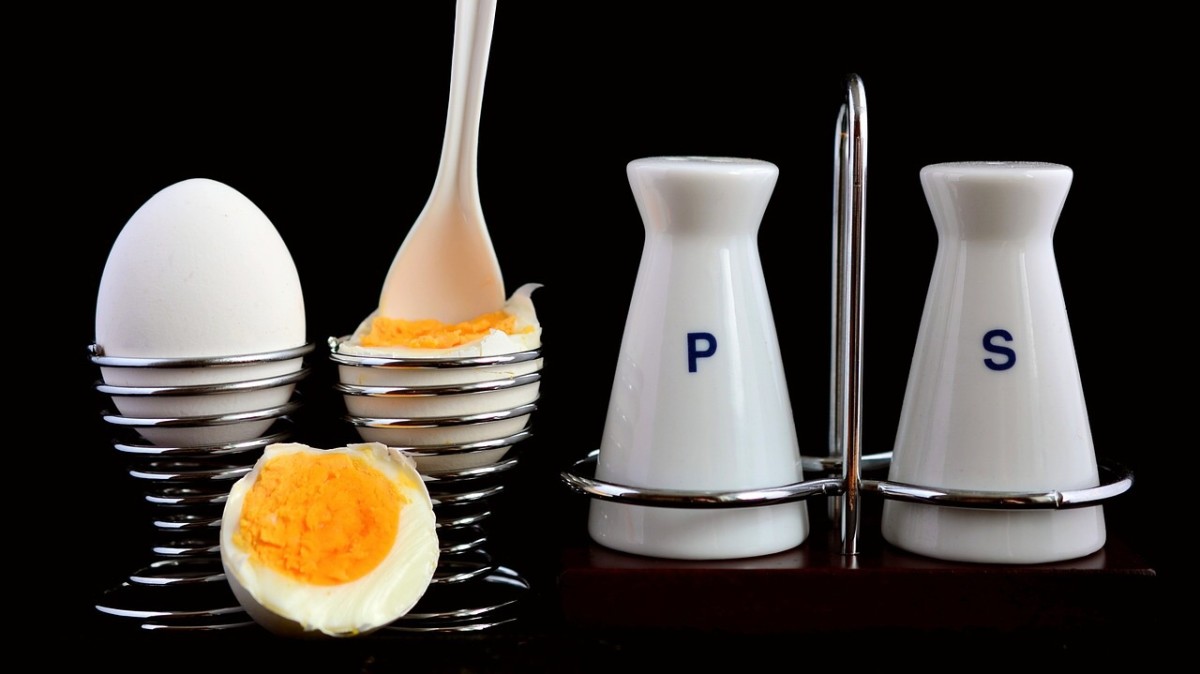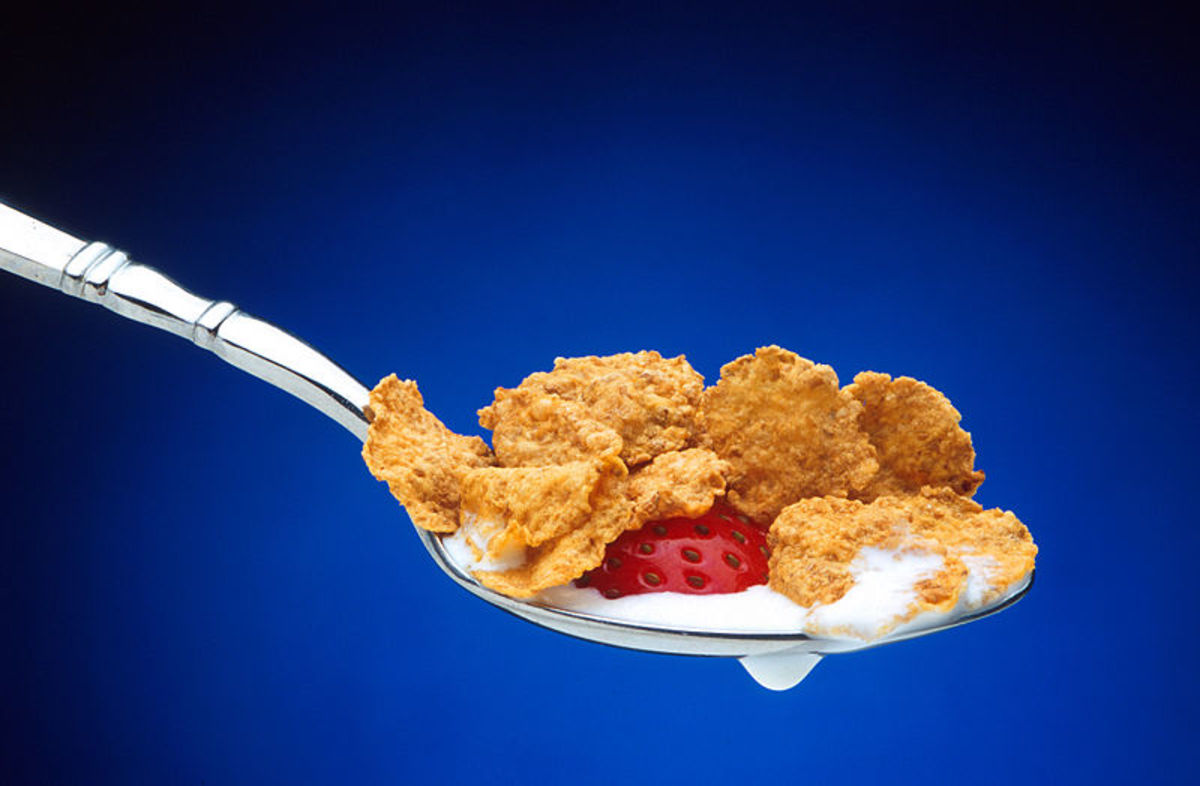Why You Should Eat the Egg Yolk
In the quest to eat healthy and eat clean, often times the egg yolk gets thrown away. The egg yolk has gotten a bad rep because it's full of cholesterol. But the egg yolk is jam-packed full of nutrients and eating the egg yolk has more nutrients than the egg white.

Nutrients in the Egg Yolks and Egg Whites
Looking for calcium? Then, keep the egg yolk since it has 21.9 mg versus only 2.3 mg in the egg white. The egg yolk also contains 93.8 percent of the iron in an egg, with 0.4 mg versus 0.03 mg in the egg white. Folate is an important nutrient that many individuals lack in their diet. The egg yolk has 24.8 mcg of folate, where the egg white only has 1.3 mcg. The egg yolk is also packed full of energy, with 96.7 percent of the vitamin B6 in an egg. Only the egg yolk contains vitamin A, vitamin E, vitamin D, vitamin K, and carotenoids, the egg white doesn't have any of these vitamins.
The egg white does contain more protein at 3.6 g versus 2.7 g in the yolk. But you should also remember how much smaller the yolk is compared to the white. There isn't a greater concentration of protein or other nutrients, just more of it since the white is larger.
The Egg Yolk is Full of Essential Fatty Acids
Omega-3 and omega-6 fatty acids are essential to the body to maintain brain functions, healthy skin & hair, reproduction and muscle growth and recovery. Fatty acids are especially essential to pregnant women or those with degenerative diseases, such as Alzheimer's. Essential fatty acids also help you absorb other nutrients, stabilize your metabolism and maintain proper brain functions.
Concerned About Your Cholesterol?
Eggs contain 185 mg of cholesterol, well within the recommendation of 300 mg per day. The egg contains a lot of cholesterol because the right amount of cholesterol is good for humans, as well as if the egg was going to develop into an animal it would need that cholesterol. Cholesterol helps maintain cell production, balancing essential hormones and transporting bad nutrients out of the body.
Several research studies are looking at the connection between egg consumption and cholesterol levels and how it affects your risk for developing heart disease. The University of Connecticut has published several studies that have concluded that consuming eggs does not increase your risk for developing heart disease, yet provides multiple health benefits because of the numerous nutrients in the egg yolk.
The Journal of Nutrition reported a study conducted by researchers at the University of Massachusetts, which found that when people ate three or more eggs per day, they did not have an increase in the low density lipoprotein (LDL) in their bloodstream.
Researchers from Harvard University found that among 37,851 men and 80,082 women, individuals who consumed the entire egg, did not have an increased risk in heart disease. They also reported that there was no significant association between consuming egg yolks and stroke.
Convinced yet?
One egg contains 70 calories and 13 essential vitamins, minerals and antioxidants. Consuming eggs in your diet can help you manage your weight, build muscle and maintain brain functions. The Journal of the American College of Nutrition published a study that showed people who at eggs at breakfast consumed less at lunch. Eggs provide you with energy for longer period of time and maintain your blood glucose levels, helping you avoid a drop in energy levels.








